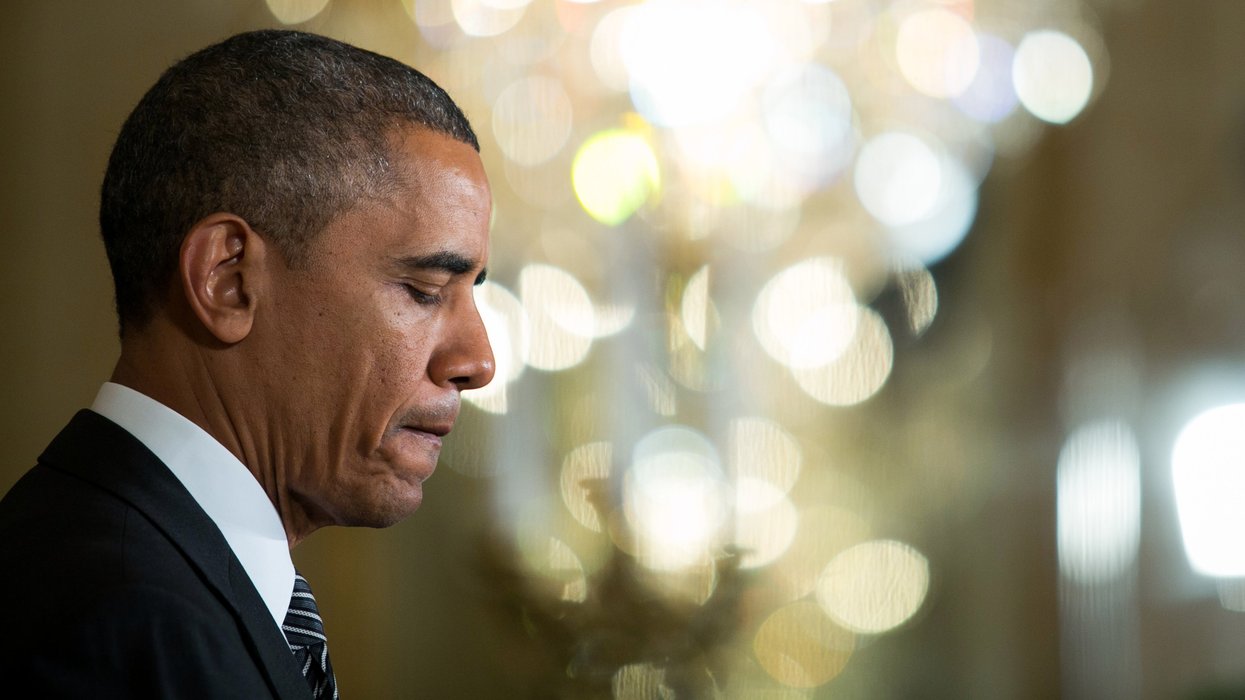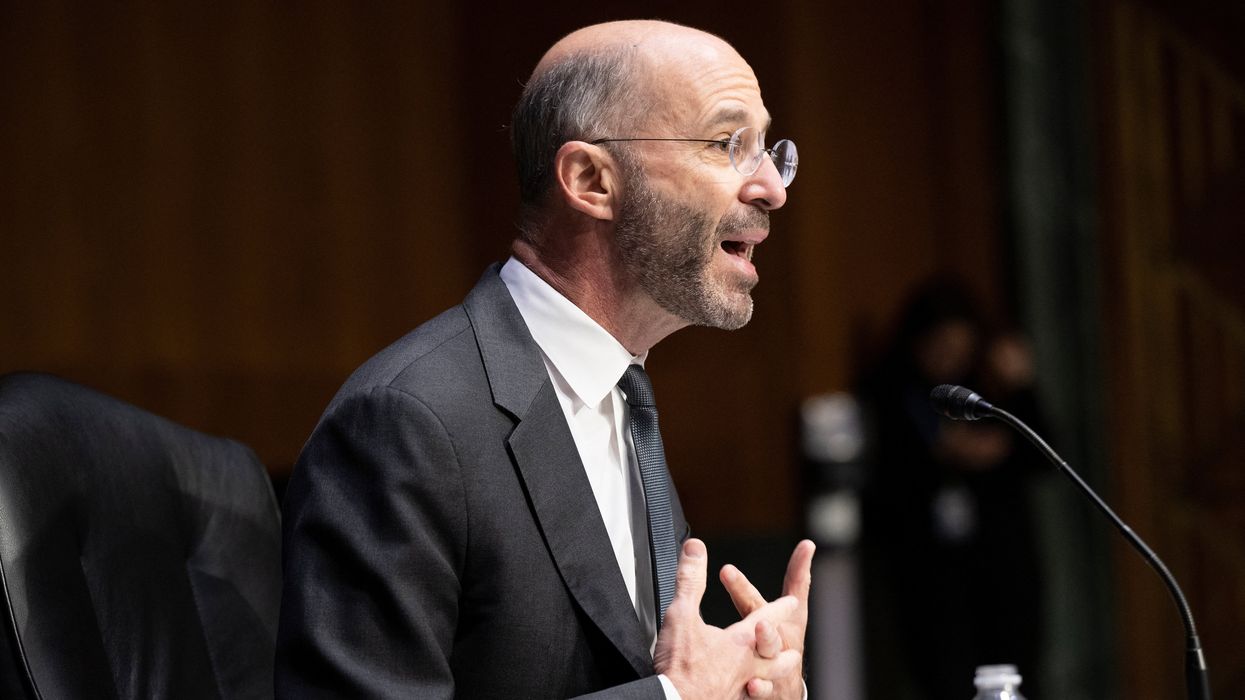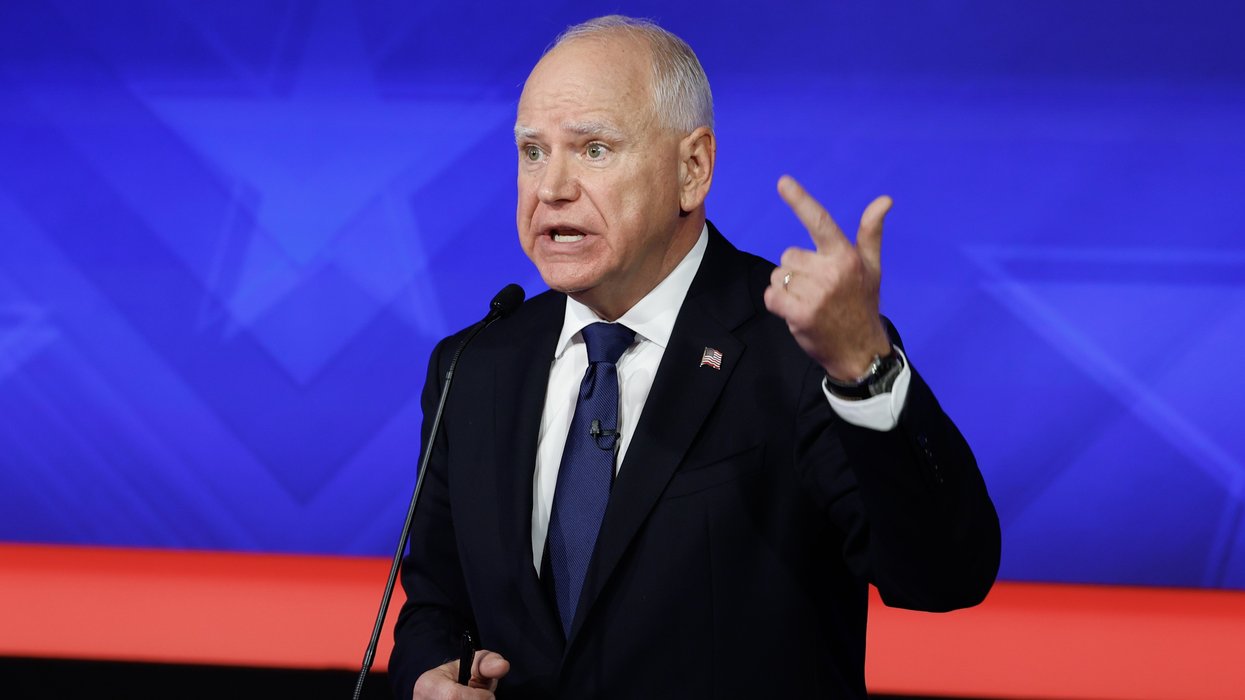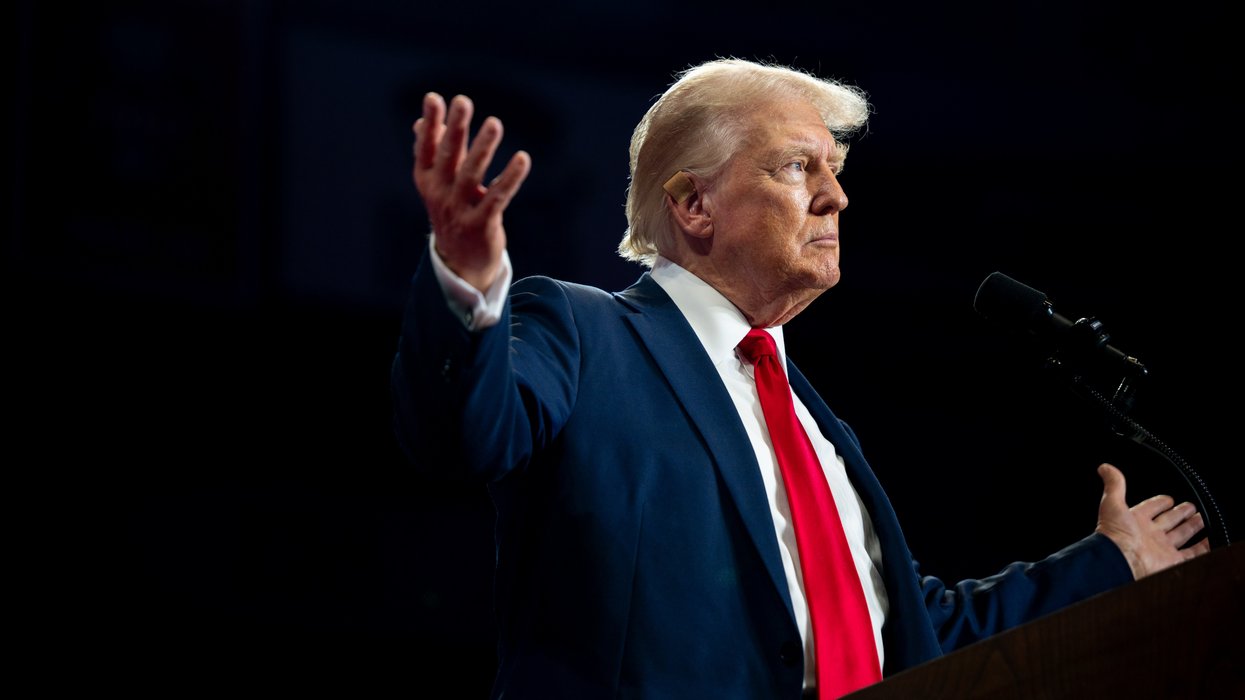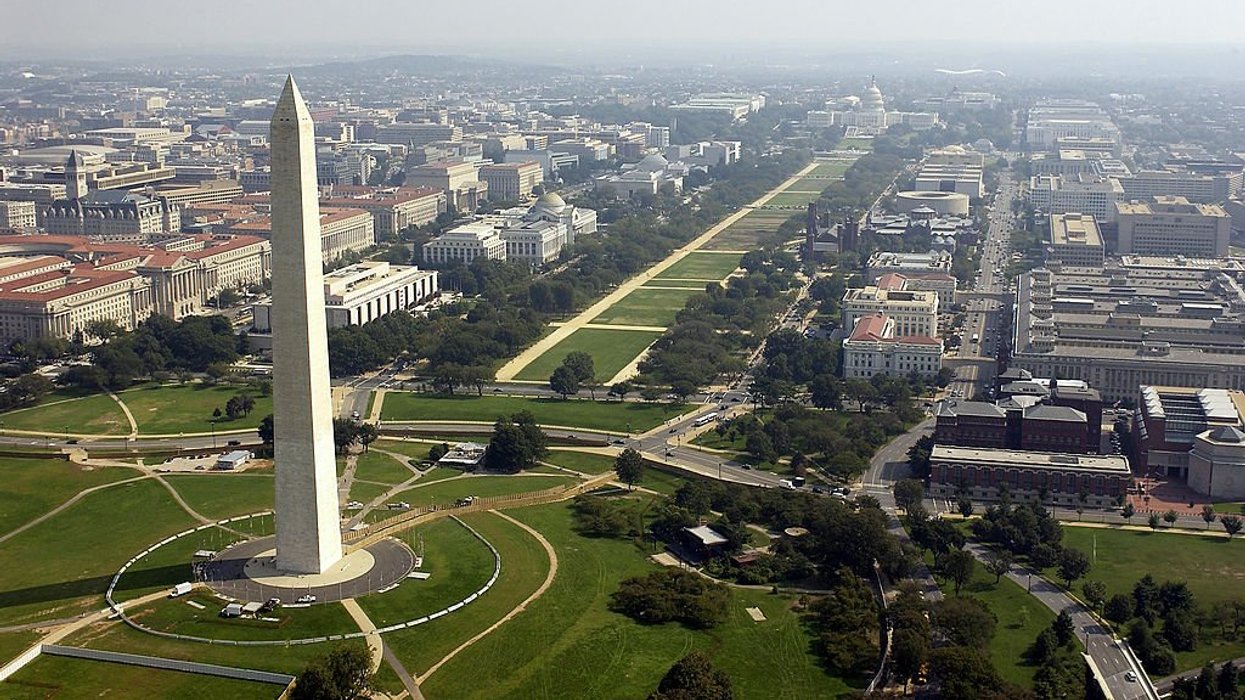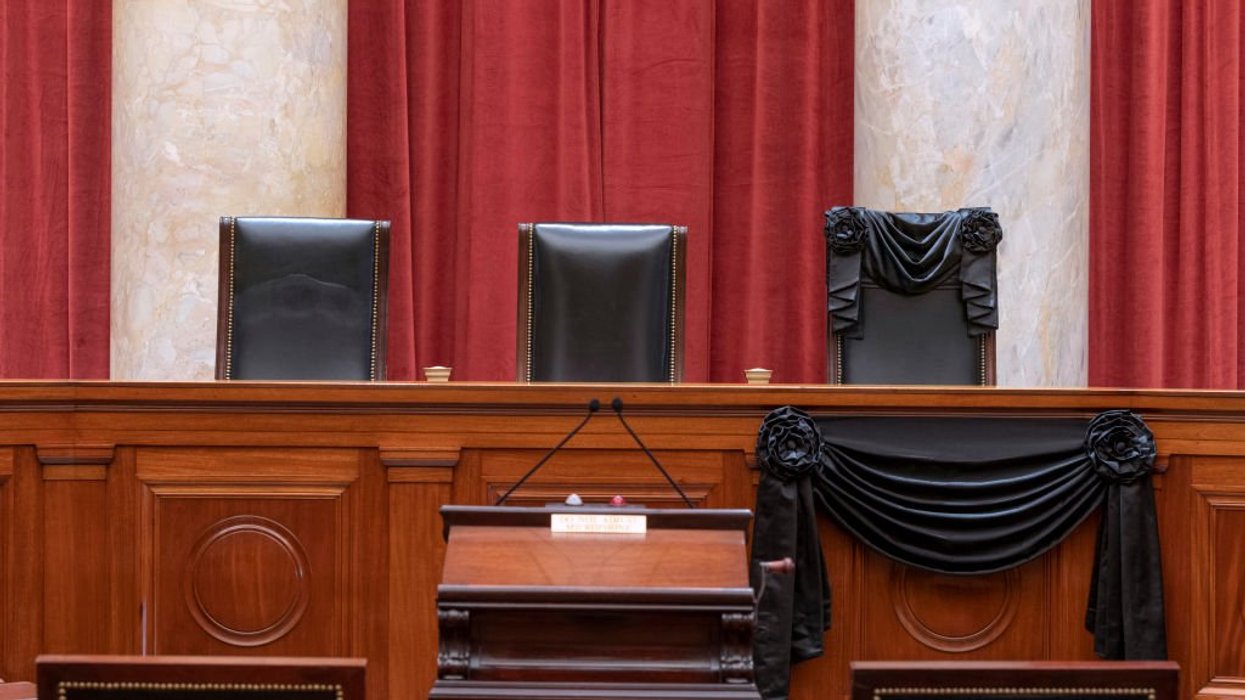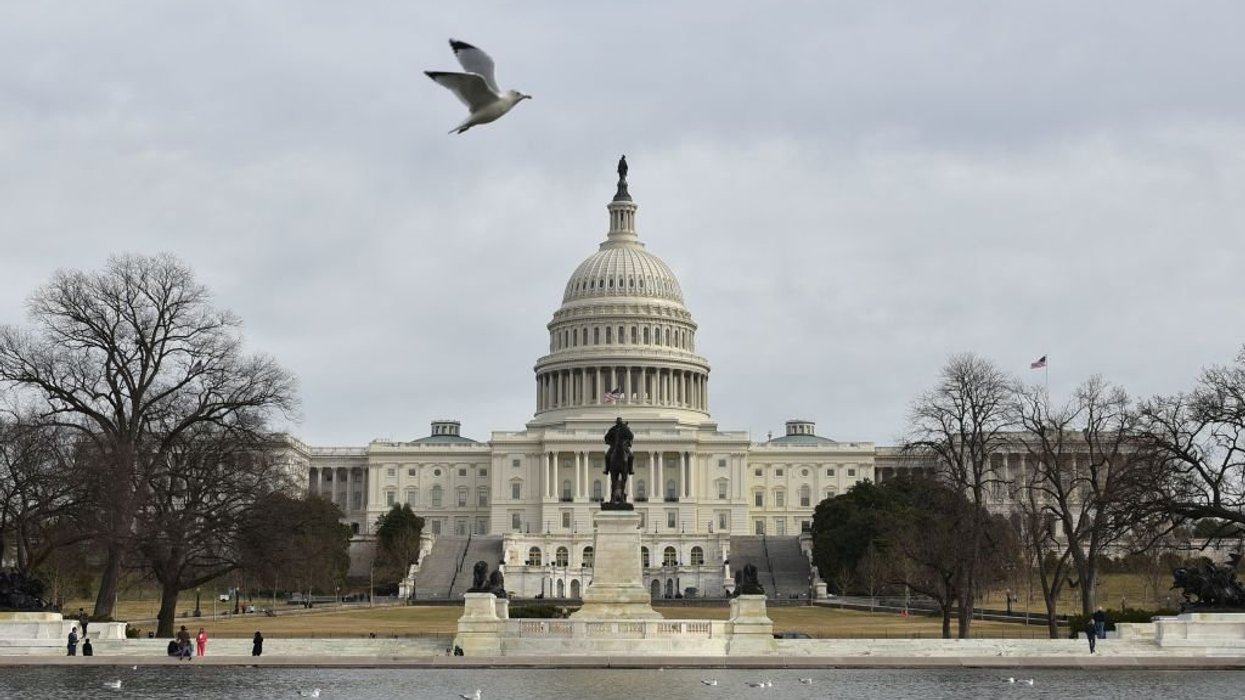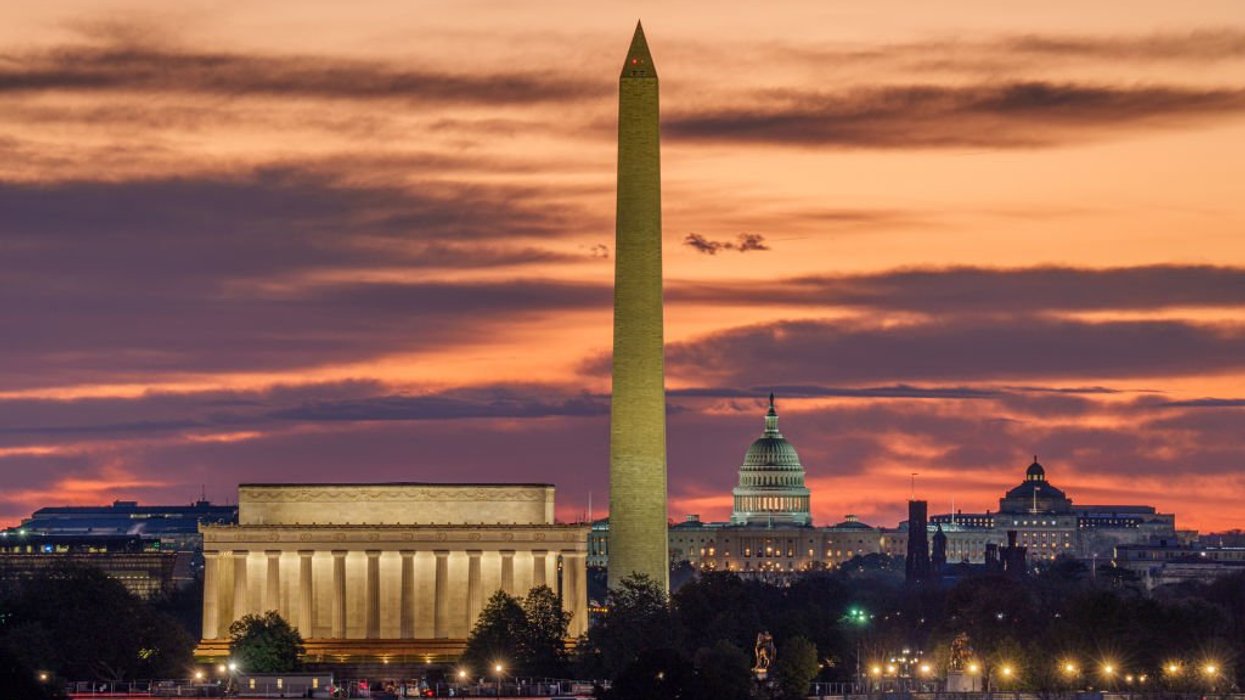With 22 percent of 18 to 34 year-olds self-identifying as Republicans, and with Democrats winning young people by unprecedented margins in the Virginia gubernatorial election, the GOP should be concerned about its unpopularity among millennials. Furthermore, despite the successes of capitalism and the mass suffering caused by socialism and communism, millennials seem to narrowly prefer socialism to capitalism.
In response to these developments, many defenders of freedom tend to focus their energy on debunking progressive policies. Most conservatives know that Sen. Bernie Sanders’ healthcare plan would cost $32 trillion dollars, and that a higher minimum wage hurts small businesses and low-income workers. However, a movement cannot only be defined in opposition to another. These progressive policies may be foolhardy, but they address problems millennials want to see solved.
The conservative agenda should be one about equality of opportunity and knocking down government-imposed barriers to success.
Beyond simply extolling the importance of free markets, competition and limited government in a macro sense, defenders of liberty ought to apply these principles to specific issues of interest to millennials. Rather than preach the gospel of the free market, conservatives should take to heart the American Dream: the idea that every child in America can succeed if they work hard enough. As such, the conservative agenda should be one about equality of opportunity and knocking down government-imposed barriers to success.
1. Occupational licensing
For example, conservatives should take a page from Arizona governor Doug Ducey’s playbook and champion occupational licensing reform. The percentage of jobs that require government-issued licenses has exploded, from five percent in the 1950s to 30 percent today. Supposedly, these laws exist to protect public health and consumers, but that argument falls apart considering the fact that it takes less time to earn an EMT license than to become a licensed manicurist, among other jobs unrelated to public health. Additionally, a recent study suggests there’s no difference between the quality of product from a state that requires a license and a state that does not require a license.
The real purpose of occupational licensing requirements is to enrich license holders at the expense of the general public. License holders experience an increase in their incomes, while the economy loses $203 billion dollars in GDP annually. Those losses are most sorely felt at the bottom of the income distribution. Thanks to the hundreds of hours of schooling, fees often in excess of $1,000 and sometimes even a college degree required to get a license to perform a job such as manicurist, barber or florist, low income people --- especially young ones --- are excluded from the opportunity to enter the middle class. As the perfect example of government regulation that hurts the least fortunate, occupational licensing is an issue conservatives trying to convince young progressives about the virtues of limited government would be wise to address.
2. Incarceration
Secondly, conservatives should take on the prison system. On its face, the fact that the US has the highest incarceration rate in the world should frighten any freedom-lover. While a combination of factors are to blame for this shocking statistic, from overcriminalization to the War on Drugs, one overlooked element is the abnormally high recidivism rate in the United States --- 76.6 percent of criminals are arrested within five years of leaving prison.
The cycle of re-incarceration is a drain on the economy. If an individual joined a gang at an early age, they may not know any marketable skills, and if they don’t learn any in prison, they’ll turn back to crime to support themselves because they won’t be able to find beneficial employment. Additionally, high recidivism rates are a burden on the taxpayer. We spend 80 billion dollars a year on incarceration. An inescapable cycle of re-incarceration is not consistent with a land of opportunity. When someone is released from prison, they have paid their debt to society, and as such, they should be able to experience the same freedom other citizens have. The “discipline and the Bible,” tough-on-crime approach to incarcerated persons should be replaced with more rehabilitation and job training.
3. Higher education
Lastly, conservatives need to address the political issue most directly affecting millennials: higher education. When Sanders promises “free college,” Republicans scoff, but often fail to respond with their own models on how to reduce college tuition prices. Yet a conservative model already exists: Purdue University under Mitch Daniels. Since taking charge at Purdue, the former Republican governor gutted administrative spending, a major driver of higher education’s ballooning cost, while offering more pathways to graduate early and expanding into the technical education market. By reducing costs, Daniels has been able to freeze tuition increases, while seeing applications soar and diversity within STEM fields flourish. Those are outcomes left-leaning students would like to see in higher education, yet they were achieved using conservative principles.
To turn the tide with young people, Republicans must provide tangible solutions to millennials’ concerns that are at the same time consistent with the values of free-market capitalism and limited government while promoting the American Dream.

